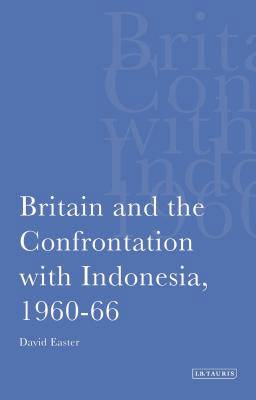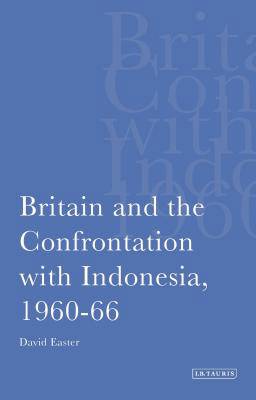
- Afhalen na 1 uur in een winkel met voorraad
- Gratis thuislevering in België vanaf € 30
- Ruim aanbod met 7 miljoen producten
- Afhalen na 1 uur in een winkel met voorraad
- Gratis thuislevering in België vanaf € 30
- Ruim aanbod met 7 miljoen producten
Zoeken
€ 84,95
+ 169 punten
Omschrijving
The confrontation with Indonesia cut to the heart of Britain's desire to retain global power status in the 1960s and was central to decolonisation and British defence policy across South-East Asia. Factors such as the need to maintain a military base in Singapore drove strategy and this confrontation became a major commitment - close at times to escalating into full-scale regional war. However, 'the Confrontation' was not recorded as a conflict of this scale, and Britain was cast into a passive and defensive role. Here, David Easter reveals a radically different view, persuasively making the case that Britain waged a secret and aggressive war against President Sukarno's Indonesia. It was the covert nature of operations and the deliberate decision of British policy-makers to keep the full extent of this conflict away from public scrutiny that has allowed it to be overshadowed in the annals of history.
Specificaties
Betrokkenen
- Auteur(s):
- Uitgeverij:
Inhoud
- Aantal bladzijden:
- 256
- Taal:
- Engels
Eigenschappen
- Productcode (EAN):
- 9781848859692
- Verschijningsdatum:
- 5/12/2013
- Uitvoering:
- Paperback
- Formaat:
- Trade paperback (VS)
- Afmetingen:
- 140 mm x 216 mm
- Gewicht:
- 317 g

Alleen bij Standaard Boekhandel
+ 169 punten op je klantenkaart van Standaard Boekhandel
Beoordelingen
We publiceren alleen reviews die voldoen aan de voorwaarden voor reviews. Bekijk onze voorwaarden voor reviews.








